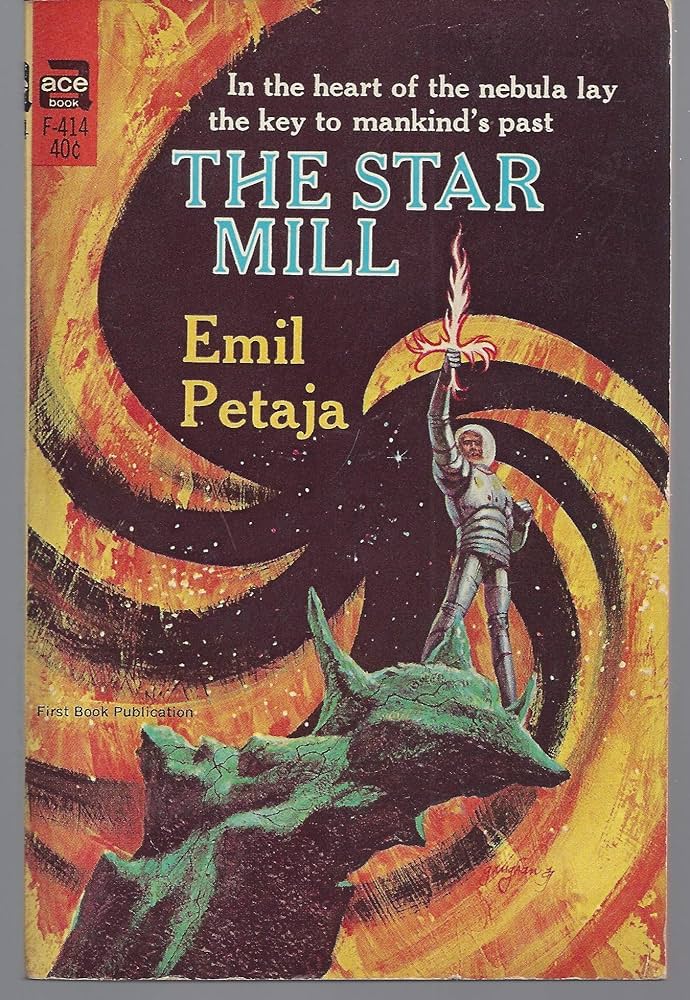I love this sort of book and hate myself a little for loving them. Featuring the surprisingly not indefatigable Allan Quatermain, King Solomon’s Mines is what the term “rip-roaring adventure” was made for. Brisk and exciting, but also depressingly racist.
Quatermain is actually a somewhat nervous elephant hunter in his middle age, living in Africa, with a son in medical school back in England. He is recruited to help a wealthy aristocrat find his lost brother – lost looking for – can you guess? – the biblical King Solomon’s lost African diamond mines. Accompanied by Naval officer, recently mustered out, and an African man, they cross mountains, nearly starve (the description of the journey is pretty exciting), and then discover a sort of lost civilization. A militaristic African nation in a hidden valley, past nearly impassable mountains. Of course, they find the mines, but only after their friend reveals himself to be exiled son of the nation’s former king and they win a subsequent civil war.
They find the mines, of course, grab some diamonds and… well, you see, the naval officer had fallen in love with a beautiful woman and she dies saving them and Quatermain utters one of the most disgusting things I’ve heard since someone said that there were good people on both sides of clash around the white supremacist march in Charlottesville, Virginia. He thinks that it might be good thing she died, since it could never have worked, her being African and him being White. Just… really unnecessary.
They return and randomly happen upon the long lost brother, living in shack in the middle of nowhere after he hurt his leg and couldn’t complete his journey.
H. Rider Haggard also wrote She, another rip-roaring adventure. It’s in the same vein as A. Merritt (using a first initial seemed to be a thing) and Edgar Rice Burroughs and even Arthur Conan Doyle’s non-Sherlock adventures and is in this tradition of late nineteenth and early twentieth century pulp adventures, some edging closer to horror and others towards science fiction and others are just fun adventures. This genre is one of my delights, despite the flaws.




